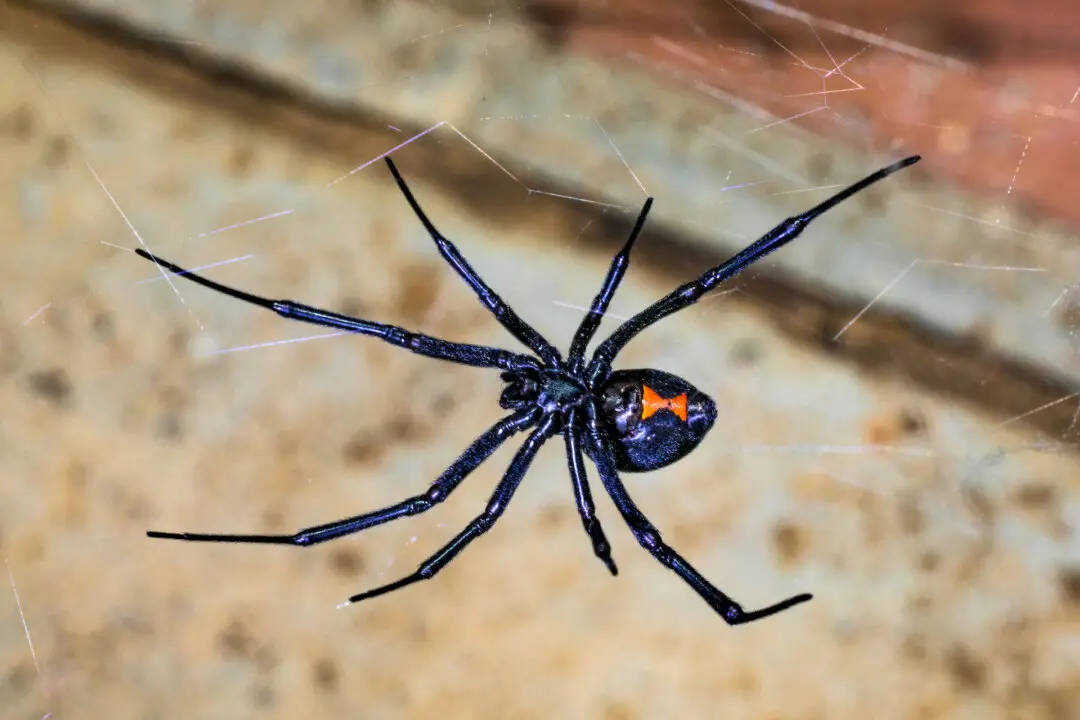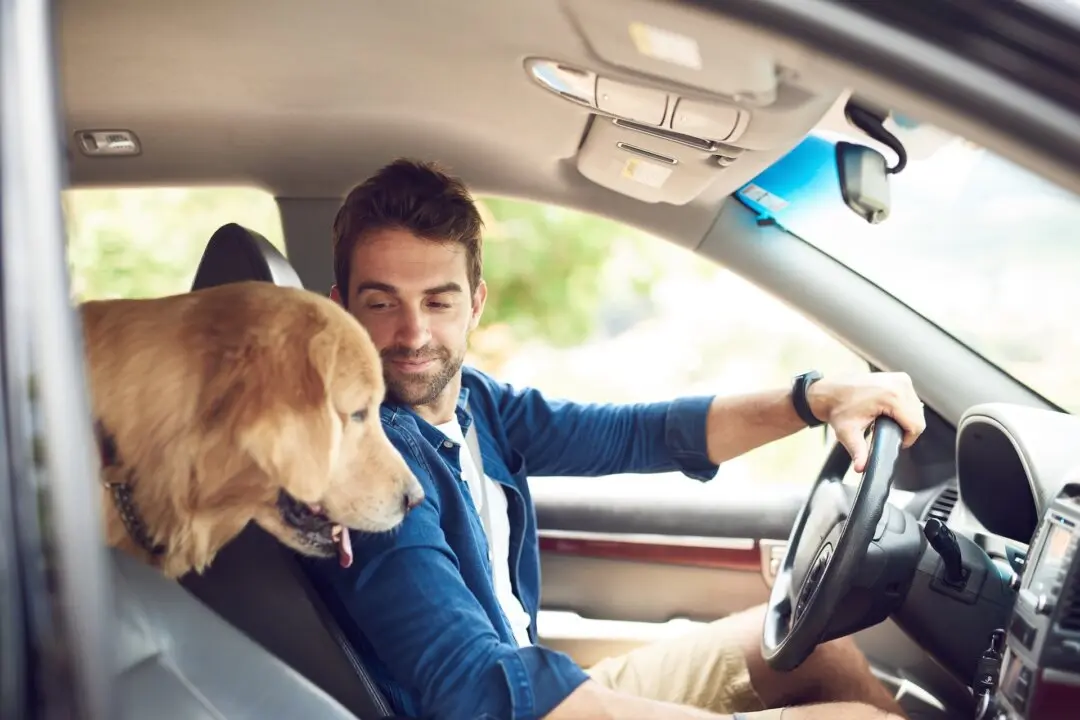Q: What can you tell me about feline vision? I’ve heard that cats see well in the dark, but I still think we should leave a nightlight on so our cats can find their way to water bowls and litter boxes in the dark. My partner disagrees.
A: I’m with you: We’ve placed night lights in strategic locations for our pets, too. Still, your partner’s position is valid, because cats actually do see much better at night than humans.





